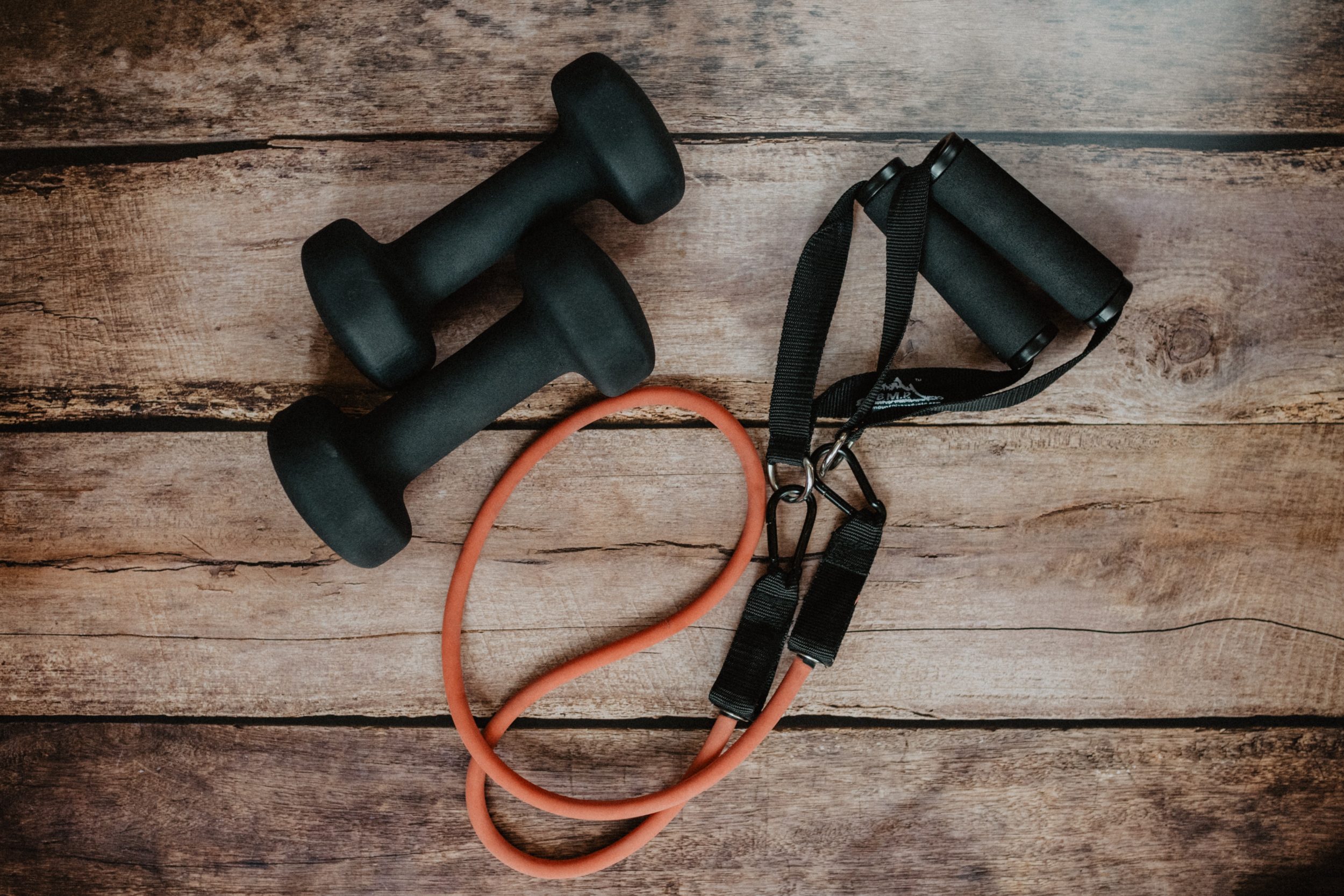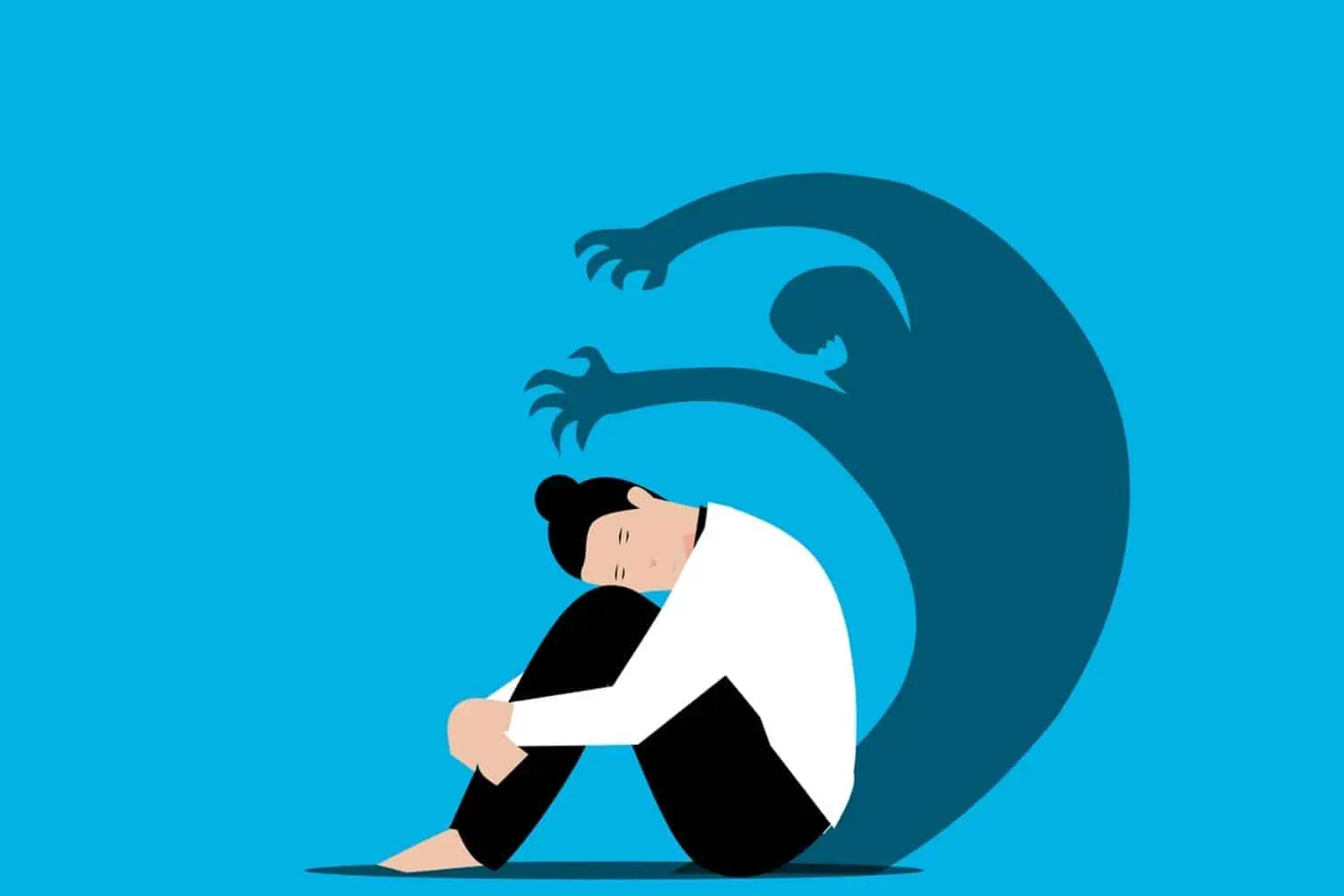Anxiety is the well-known feeling of worry, uneasiness, or even fear, that might be rational or irrational. It can be caused by normal, everyday situations such as examinations, work meetings, social events, or by what can seem like nothing at all. Anxiety is not uncommon; most people have or will experience it at some point in their lives. But don’t worry, it can be managed! Below are a few steps that you can take in order to reduce and manage your anxiety today.
Move your Body Daily
Exercise plays a huge role in your physical and mental health. Exercise brings a feeling of physical well-being, and can also affect your mental health as it is responsible for releasing post-workout endorphins! In this way, exercise quite literally makes you feel good! Just make sure to pick exercises that you don’t dread doing and don’t feel like a chore. For example, if a high-intensity session at the gym is not your thing, opt for a dance class, a hike, or a yoga class, just to get your body moving a bit each day. Try to aim for 3 to 5 30 minute workouts per week.

Get in those Zzz’s
When you sleep, your body and brain are given a chance to shut down and restore themselves, leading to longevity the next day. In this way, having a set sleep schedule is good for the body and mind. However, when you have anxiety, this might not be the easiest thing to accomplish. Having anxiety can massively affect the quantity and the quality of your sleep, and can even cause sleep disorders such as insomnia. However, there are steps you can take to help this. For example, staying off your phone for at least an hour before going to sleep, reducing any light and sound disturbances, eating dinner a good few hours before lying down to sleep, and steering clear of caffeine should all contribute to better sleep.
Focus on your Breathing
Breathing is known to be one of the best ways to combat anxiety. When you breathe deeply, signals are sent to your brain to focus on your breath. This then relaxes your mind and body. Increased heart rate and blood pressure also drop when you practise deep breathing. There are many different types of breathing exercises you can try, such as belly breathing, roll breathing, and 4-7-8 breathing. It is best to try out many different breathing techniques and find out which one works best for you.
Keep a Journal to Write Down your Thoughts
Mindfulness is the concept of being aware of your innermost thoughts and actions, and how they might be affecting you. Being mindful can include catching yourself in a negative thought pattern and trying to understand it and deter it, or it can even be used in a practical sense such as journaling. Journaling allows you to get out of your head by writing down your thoughts. This can help with sporadic anxiety, or generalized anxiety disorder (GAD). When writing your thoughts down, you can achieve perspective as to why you might be feeling a certain way, and clarity as to how to overcome it.

Celebrate Small Wins
Go easy on yourself and remember even the small achievements matter! For example, waking up at the same time every day, going outside, and making your bed are achievements. Other achievements can be cleaning the house, walking the dogs, reading your favourite book, or even just spending some time in the sun for a few minutes each day. When you focus on the small achievements, positivity flows and a sense of purpose is established. This will lead to those small wins turning into even greater ones over time!
While anxiety can be extremely debilitating, the above practices are an extremely helpful way to manage and maybe even overcome it. With some simple practices, mindfulness, and a pinch of positivity, you can get a hold of your anxiety, manage it properly, and live the life you want. Why not start now?
